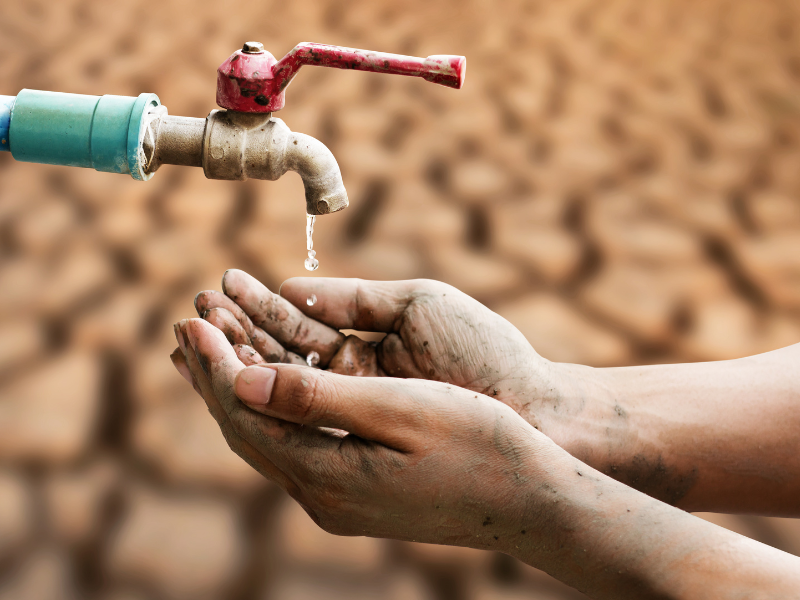Dr. Shalean Collins to research impact of water insecurity on nutrition outcomes in Palestine
Chief among public health concerns in Palestine has been a significant observable shortage of water, a problem that predates recent events in the Middle East and has gotten much worse over the past several months.
The Tulane School of Public Health and Tropical Medicine will take on the issue of water insecurity pre- and during conflict in Palestine as a part of a 2024 Palestinian American Research Center Faculty Development Fellowship, awarded to Dr. Shalean Collins, assistant professor in the department of International Health and Sustainable Development.
The fellowship is aimed at fostering collaborative research between U.S. faculty and Palestinian scholars due to mutual interest in scientific topics, specifically in this case of water insecurity and its impact on public health in the West Bank and Gaza, which has taken on added importance in the wake of increased conflict in the area.
The fellowship begins virtually with anticipated travel to Palestine in 2025 (conditional on security).
This new opportunity represents a perfect intersection of Collins’ previous research topics, integrating water insecurity, maternal and child health, and environmental resilience.
Collins, who previously conducted dissertation research using data from Palestine to better understand how water insecurity impacted child nutrition outcomes, is uniquely situated to address this topic for this place.
“I have long been interested in working in Palestine given the political, economic, and ecological complexity,” Collins said.
Collins is an applied nutritionist and dietitian who has been working in food security, water security, and nutrition research for over a decade. She was instrumental in developing the first water insecurity scale (WISE) and has experience working in over 20 countries. She received her PhD and MPH from Tulane School of Public Health and Tropical Medicine.

